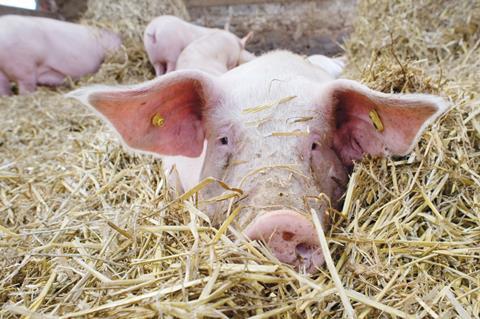
Soaring demand for pork in China is bringing the world’s biggest consumer of pigmeat into direct competition for prime cuts with the UK market.
Chinese pork imports surged by more than 150% in March on the same month last year, according to domestic customs data. British producers have been capitalising on the demand growth, with the UK shipping over 7,500 tonnes of pork in February, up 75% on the same month in 2019 [HMRC].
Exporters are benefiting from high prices in China as African swine fever continues to hit pig herds. Pork production fell by almost a third in the first three months of the year due to the pig disease, Chinese government data shows.
As a result, Chinese prices are increasingly competitive against those in the UK, which are falling as a result of reduced retail demand. Even in February, before lockdown, sales of primary cuts such as chops and loin were down 13% on the same period last year, according to Kantar.
“It’s created quite a few challenges in [UK] supply chains,” said Bethan Wilkins, senior analyst at AHDB. Chinese prices were now “starting to compete more with the UK market”, she added, while UK retail prices were difficult to increase “because sales at supermarkets are declining”.
Prime cuts and whole carcases were increasingly being sold to China, she said, as offal and other fifth quarter products were no longer sufficient to meet China’s unprecedented demand.
But despite increasing exports, the UK’s overall share of the Chinese market is down. The US quadrupled exports in March on the same month last year [USDA], as it benefited from the phase one trade deal concluded in January. The US typically exports about 30% of its pork production, though this has been threatened by the closure of meat processing plants due to coronavirus outbreaks, with processors warning of national meat shortages.
China has been forced to raid emergency pork reserves in the past year to meet demand and keep prices stable. The coronavirus pandemic further stretched supply due to the closure of many ports, though this has now subsided, with many stranded containers able to be unloaded.







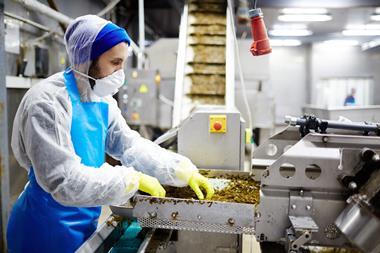
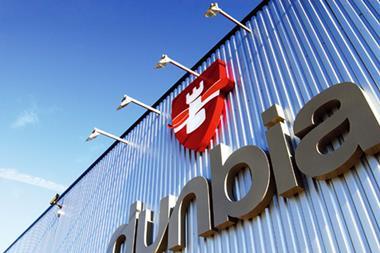

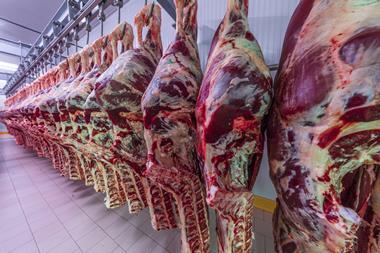
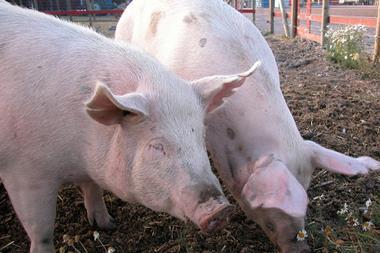


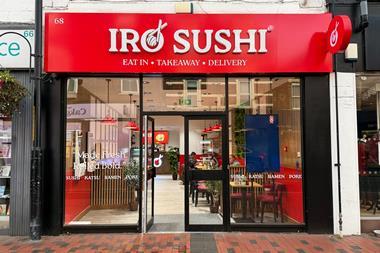




No comments yet